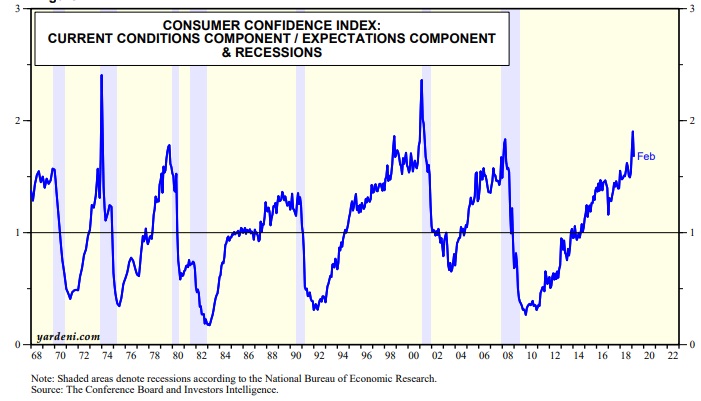If you are uncertain as to what you should do right now to make money and protect your assets, you are not alone. What chance does the individual investor have when the governments of the world’s largest and most powerful nations seem to be in disarray and there is lack of consensus between the leaders?
Gordon Brown, former UK Prime Minister 2007-2010, writes, “There is going to be an awakening of the escalations of risks, but we are in a leaderless world. We are at the latter end of the economic cycle where people take greater risks. In the next crisis a breakdown of trust in the financial sector will be mirrored by a break down of trust between governments. There wouldn’t be the same willingness to cooperate but rather a tendency to blame each other for what ‘s gone wrong. Problems that are global as well as national and local are not being addressed. Countries are at war with each other on trade, climate change and nuclear proliferation.” We are moving into an era of vulnerability.
IMF Managing Director Christine Lagarde points out that low productivity, ageing populations, and the effects of the global financial crises dampen the prospects for future economic growth. “Rising interest rates in the US, and an economic slowdown in China are contributing to uncertainty and higher risk of economic vulnerability worldwide. Europe is probably already in a recession. A good leading indicator for the economy is the service sector. The US service sector has slowed yet remains robust , but that is not true in Europe where the service sector gauge hit a 49-month low. France posted its fastest decline in five years. Italy is truly mired in a recession and the UK posted its slowest service sector growth in two and a half years.
President Trump’s tax breaks, lowering of onerous regulations, and repatriation of profits from abroad have America on a much firmer financial footing than the rest of the world. However, Tim Geitner the former Fed chair and Obama administration Treasury Secretary states, “There is no way to anticipate the full range of things that can cause a system to break down.” He warns that Congress has stripped away necessary tools to halt another panic, tools used in 2008 by the Fed, Treasury and the Federal Deposit Insurance Corporation. Those changes include “barring the FDIC from providing the support as it had in 2008 crisis, placing limits on the Feds emergency lending powers and ending Treasury’s ability to backstop money market funds. Those changes raise the risk that the economy will have to be teetering on the brink of collapse before Congress is willing to provide tools regulators need to abate the panic.” In other words, the next financial crises will not have a safety net.
I believe that now is the time to take steps to lower the risk of your portfolio. The economy remains late cycle, expensively priced and the equity bull market is aged. While the great majority of investors have remained optimistic, I feel that their confidence is ill-advised as excessive optimism is often a precursor to a major drop in the stock market.
Consider the fact that managed futures has made money during 22 of the last 24 drops in the stock market of over 10%. (Source: BarclayHedge 2018). Past performance is not necessarily indicative of future results.
Please feel free to contact me to learn more.
Tom Reavis
President
Worldwide Capital Strategies, LLC
The content of this article is based upon the research and opinions of Tom Reavis.

